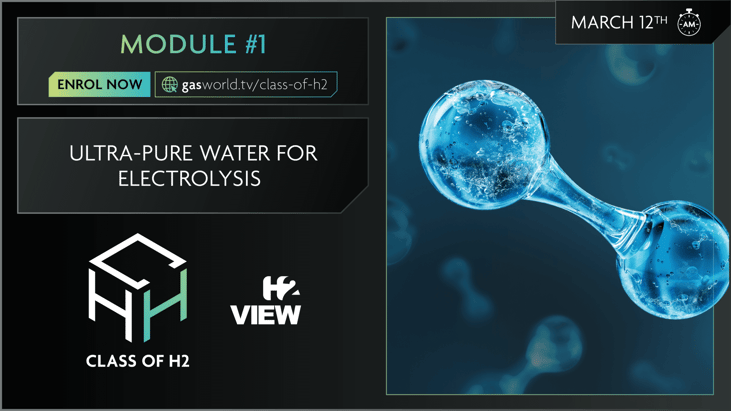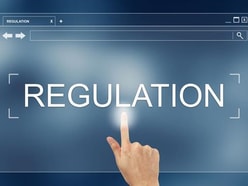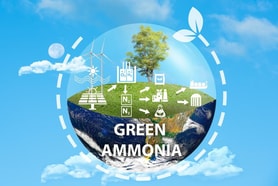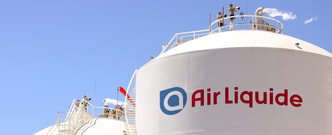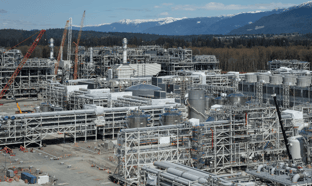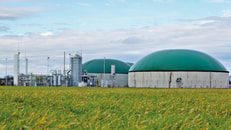Class of H2, Module 7 – Ultra-pure water for electrolysis
In the Hydrogen Masterclass series of training from Class of H2, take your hydrogen knowledge from the fundamentals to the building blocks of success.
This module tackles Ultra-Pure Water for Electrolysis.
Questions around water usage in electrolysis processes and technologies are one of the biggest recurring topics in the hydrogen space. The dominant path to green hydrogen is splitting ultra-pure water using renewable electrical power on an electrolyser.
For each kg of green hydrogen produced, as much as 9-10 litres of water are consumed by electrolysis. This equates to circa 200 litres of water per MW of electrolyser capacity. To generate that amount of ultra-pure water, circa 1.5 times as much fresh water is required. And to generate desalinated fresh water, approximately twice as much seawater is required.
There are many steps between seawater and ultra-pure water. If any of those fails, the electrolyser stack could be damaged beyond repair. If the water processing plant fails, the electrolyser must shut down, resulting in failure to supply of-ttakers, or causing problems with downstream ammonia synthesis. Reliability and consistent ultrapure water quality are key.
In this module, learn all about the role of water in electrolysis, all of these requirements in water usage and purification, the technologies to meet these requirements, and so much more besides. Specifically, get the inside track on:
- Electrolyser feed water specifications
- The business case for investing in ultra-pure water
- De-risking billion-dollar investments with an informed strategy
- Proven technologies for desalination and purification.
When and what to expect:
- Available now on-demand (originally broadcast on 12th March 2024)
- 90 minutes masterclass on the topic from recognised trainer
- 30 minutes audience Q&A per module (moderated)
- Diagrams, images and data-graphics to enrich the experience
- PDF slide deck of module provided to all participants, post-session
- £300 / €350 / $385 per module (bundle discounts available for 3+ modules)
For more information and to access your hydrogen training on-demand, visit

